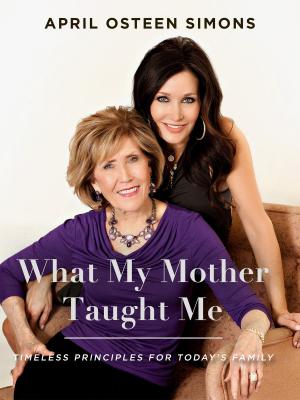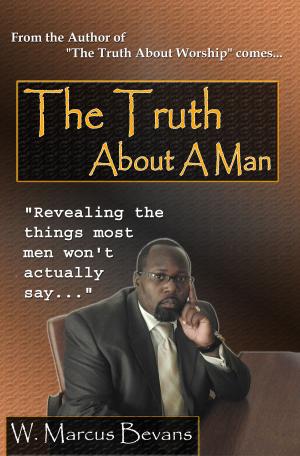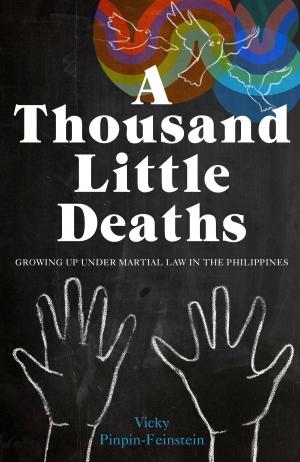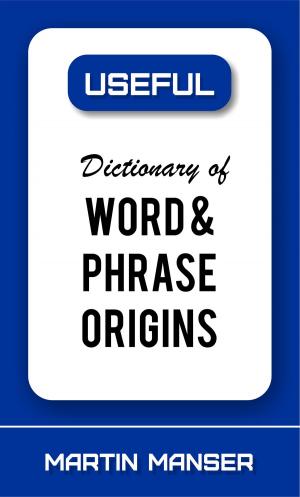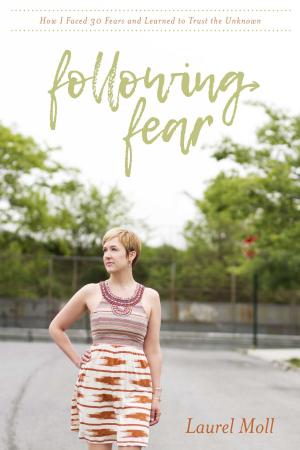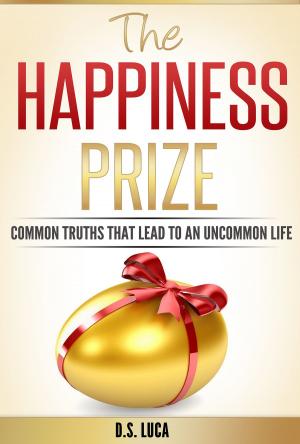Why Normal Isn't Healthy
How to Find Heart, Meaning, Passion & Humor on the Road Most Traveled
Nonfiction, Health & Well Being, Self Help, Self Improvement, Motivational| Author: | Bowen F. White MD | ISBN: | 9781620952054 |
| Publisher: | BookBaby | Publication: | March 20, 2012 |
| Imprint: | Language: | English |
| Author: | Bowen F. White MD |
| ISBN: | 9781620952054 |
| Publisher: | BookBaby |
| Publication: | March 20, 2012 |
| Imprint: | |
| Language: | English |
WHY NORMAL ISN'T HEALTHY The definitions here for "normal" and "healthy" are different than definitions one learns during medical training. I do not recall much about the topic of "health"/"healthy" being addressed during training. The focus was on the absence of health or to state it more plainly, disease. Diseases were well defined for the most part by objective criteria. And if and when those objective criteria moved back into the normal range and the patient was feeling much better they were said to have returned to "health." To me that is not the same thing. So how, then, do I define 'health?" Health here is the ability to work, to love, to play and to think soundly. That means that someone with hypertension, diabetes, cardiovascular disease, bipolar disorder, cancer, etc. can be healthy. Whereas someone else without any known ailment or abnormal lab results, probably isn't. It's not about the criteria we learned in medical school. It is about how people experience the living of their lives: their jobs, their families, their friends, their gifts, their purpose, themselves and well being. It is a definition I stole from Ashley Montagu in a book titled, GROWING YOUNG. His premise is we are not meant to grow old we are meant to grow young. We are meant to stay in a developmental process throughout the life cycle, staying in touch with the wonderful behavioral characteristics of the child e.g., curiosity, playfulness, experimental mindedness, plasticity and authenticity. These help us stay vital, and yes, young, regardless of our age. Otherwise, we can slip into a box long before we're dead. That's normal. So what happened? We got educated and acculturated. And what we learned allows us to function now as normal adults in the work-a-day world: get a job, work hard, pay the rent, get married, pay the mortgage, raise children, save for their education, save for retirement and until recently, enjoy our golden years. Being normal means when stressed we often make a bad situation worse, addictions abound, workaholism is rampant, 50% of marriages end in divorce, financial wealth goes up but happiness doesn't above $65,000/year, less than half of Americans are happy with their jobs, when teenagers have problems their parents are the court of last resort, we are better at competing than collaborating, honesty is not the best policy, we repress how we really think and feel while expressing just what's safe to say and we learned to be our own worst enemies! That may be normal but it certainly isn't healthy! The irony is, it isn't until someone gets sick that they make life decisions that reflect what is actually most important to them. They begin doing what is suspiciously healthy and can even be grateful for their status quo breaking diagnosis. Why wait for cancer or the near death experience to see what we want to start doing that we haven't risked before? Why wait to start doing what is healthy for our relationships and us as well? And finally, what do we want to keep doing, albeit differently? Open that box. It seems safe but it's a trap. You may be caught, but look. You have the key. This book may just help you find it and in the process think through your problems, to sounder, suspiciously healthy solutions. (think soundly); have a healthier relationship with yourself and healthier relationships with others.(to love); while figuring out how to get better at what you do and/or what you want to start doing. (to work) And have more fun along the way. (to play)
WHY NORMAL ISN'T HEALTHY The definitions here for "normal" and "healthy" are different than definitions one learns during medical training. I do not recall much about the topic of "health"/"healthy" being addressed during training. The focus was on the absence of health or to state it more plainly, disease. Diseases were well defined for the most part by objective criteria. And if and when those objective criteria moved back into the normal range and the patient was feeling much better they were said to have returned to "health." To me that is not the same thing. So how, then, do I define 'health?" Health here is the ability to work, to love, to play and to think soundly. That means that someone with hypertension, diabetes, cardiovascular disease, bipolar disorder, cancer, etc. can be healthy. Whereas someone else without any known ailment or abnormal lab results, probably isn't. It's not about the criteria we learned in medical school. It is about how people experience the living of their lives: their jobs, their families, their friends, their gifts, their purpose, themselves and well being. It is a definition I stole from Ashley Montagu in a book titled, GROWING YOUNG. His premise is we are not meant to grow old we are meant to grow young. We are meant to stay in a developmental process throughout the life cycle, staying in touch with the wonderful behavioral characteristics of the child e.g., curiosity, playfulness, experimental mindedness, plasticity and authenticity. These help us stay vital, and yes, young, regardless of our age. Otherwise, we can slip into a box long before we're dead. That's normal. So what happened? We got educated and acculturated. And what we learned allows us to function now as normal adults in the work-a-day world: get a job, work hard, pay the rent, get married, pay the mortgage, raise children, save for their education, save for retirement and until recently, enjoy our golden years. Being normal means when stressed we often make a bad situation worse, addictions abound, workaholism is rampant, 50% of marriages end in divorce, financial wealth goes up but happiness doesn't above $65,000/year, less than half of Americans are happy with their jobs, when teenagers have problems their parents are the court of last resort, we are better at competing than collaborating, honesty is not the best policy, we repress how we really think and feel while expressing just what's safe to say and we learned to be our own worst enemies! That may be normal but it certainly isn't healthy! The irony is, it isn't until someone gets sick that they make life decisions that reflect what is actually most important to them. They begin doing what is suspiciously healthy and can even be grateful for their status quo breaking diagnosis. Why wait for cancer or the near death experience to see what we want to start doing that we haven't risked before? Why wait to start doing what is healthy for our relationships and us as well? And finally, what do we want to keep doing, albeit differently? Open that box. It seems safe but it's a trap. You may be caught, but look. You have the key. This book may just help you find it and in the process think through your problems, to sounder, suspiciously healthy solutions. (think soundly); have a healthier relationship with yourself and healthier relationships with others.(to love); while figuring out how to get better at what you do and/or what you want to start doing. (to work) And have more fun along the way. (to play)

